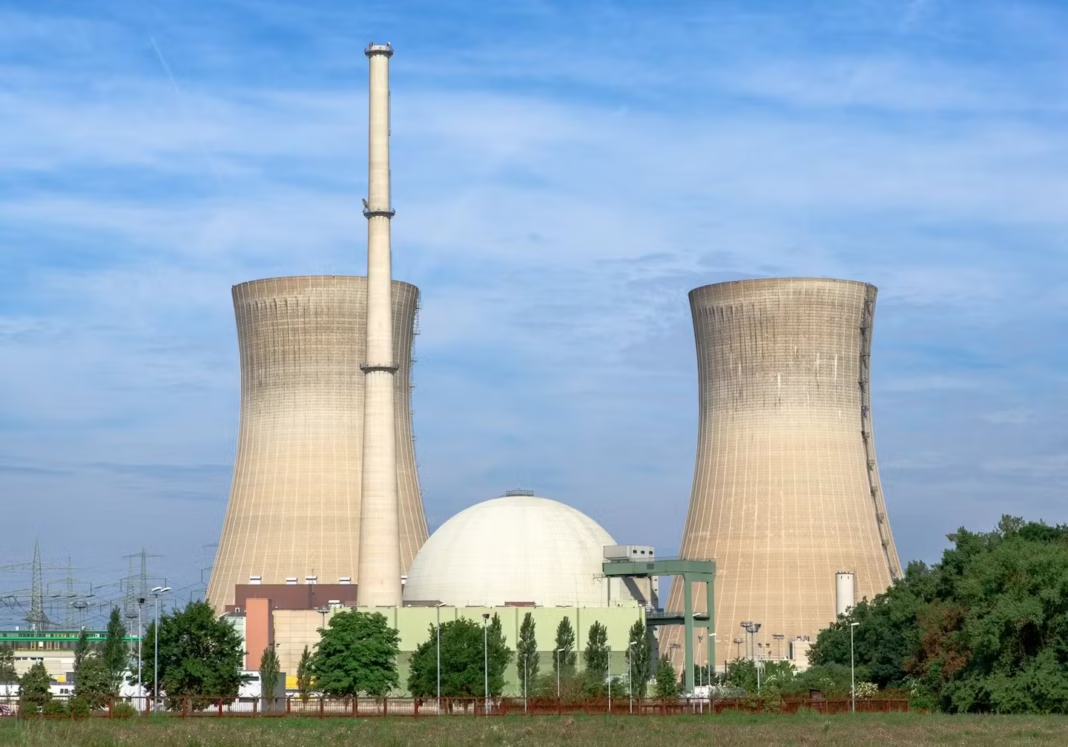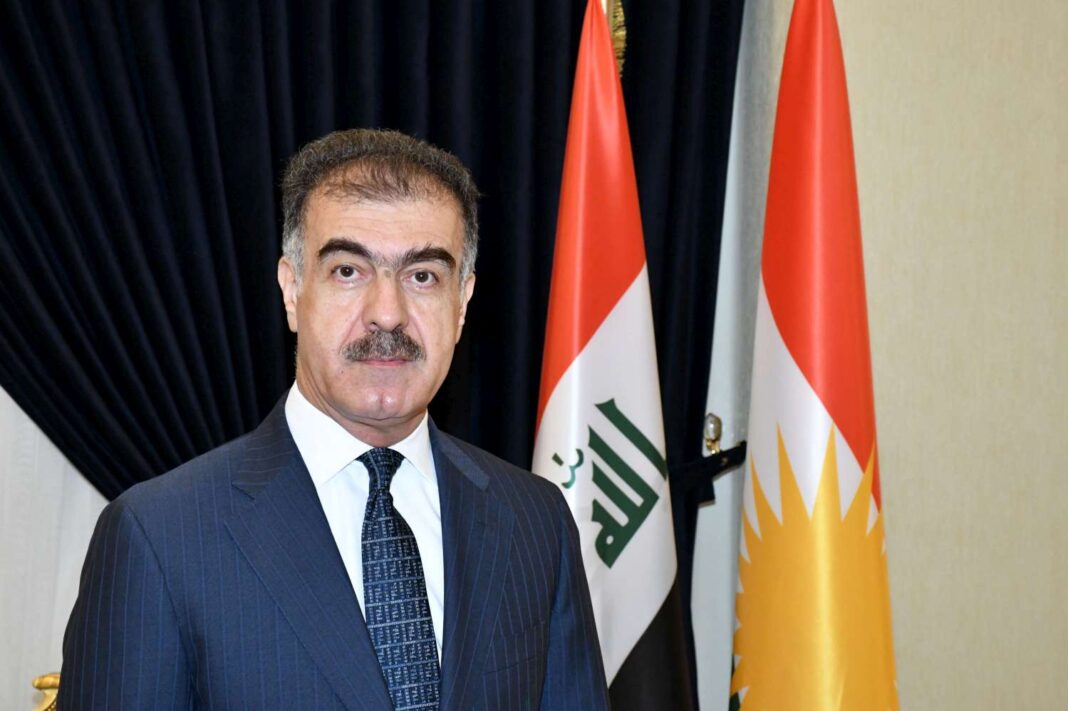Iraq Russia nuclear energy cooperation deal marks an important step in strengthening ties between Baghdad and Moscow. Both nations are preparing a draft intergovernmental agreement focused on the peaceful uses of atomic energy.
This move aims to open opportunities for joint projects, research, and the development of nuclear technology in Iraq.
According to Rosatom’s annual report, the Russian State Atomic Energy Corporation signed a framework memorandum with the Iraqi Atomic Energy Commission. Consequently, both sides established a joint working group.
This group will work on specific initiatives and prepare the final agreement on peaceful nuclear applications.
Earlier discussions between Iraqi Minister of Higher Education Naeem al-Aboudi and Rosatom director Alexey Likhachev highlighted the importance of collaboration.
They emphasized that peaceful nuclear projects would serve Iraq’s energy and scientific needs. Furthermore, al-Aboudi noted that Iraq requires research facilities, including a Zero-Energy Experimental Pile reactor and a new research reactor.
This development follows years of delays in Iraq’s nuclear ambitions. In October 2022, the Iraqi Radioactive Sources Regulatory Authority confirmed the postponement of a nuclear power plant project.
The delay stemmed from political instability, particularly the struggle to form a government. Nevertheless, Iraqi officials continue to stress the need for nuclear power as frequent electricity shortages affect daily life.
International partners, including Russia, previously expressed interest in assisting Iraq with nuclear technology.
Notably, Rosatom is one of the world’s leading producers of nuclear fuel, making it a natural partner. Moreover, the cooperation reflects Iraq’s renewed interest in diversifying its energy sources and reducing dependence on fossil fuels.
Historically, Iraq operated nuclear research reactors at Tuwaitha, south of Baghdad. However, decades of conflict left the facilities destroyed.
Israeli airstrikes in 1981 and US bombing campaigns in 1991 eliminated Iraq’s reactors. As a result, the nation lost decades of scientific progress in nuclear research.
In conclusion, the Iraq Russia nuclear energy cooperation deal underscores a strategic partnership for peaceful development.
It opens the door for modern reactors, research facilities, and vital electricity generation. Ultimately, this agreement demonstrates Iraq’s determination to embrace innovation while strengthening ties with Russia.



